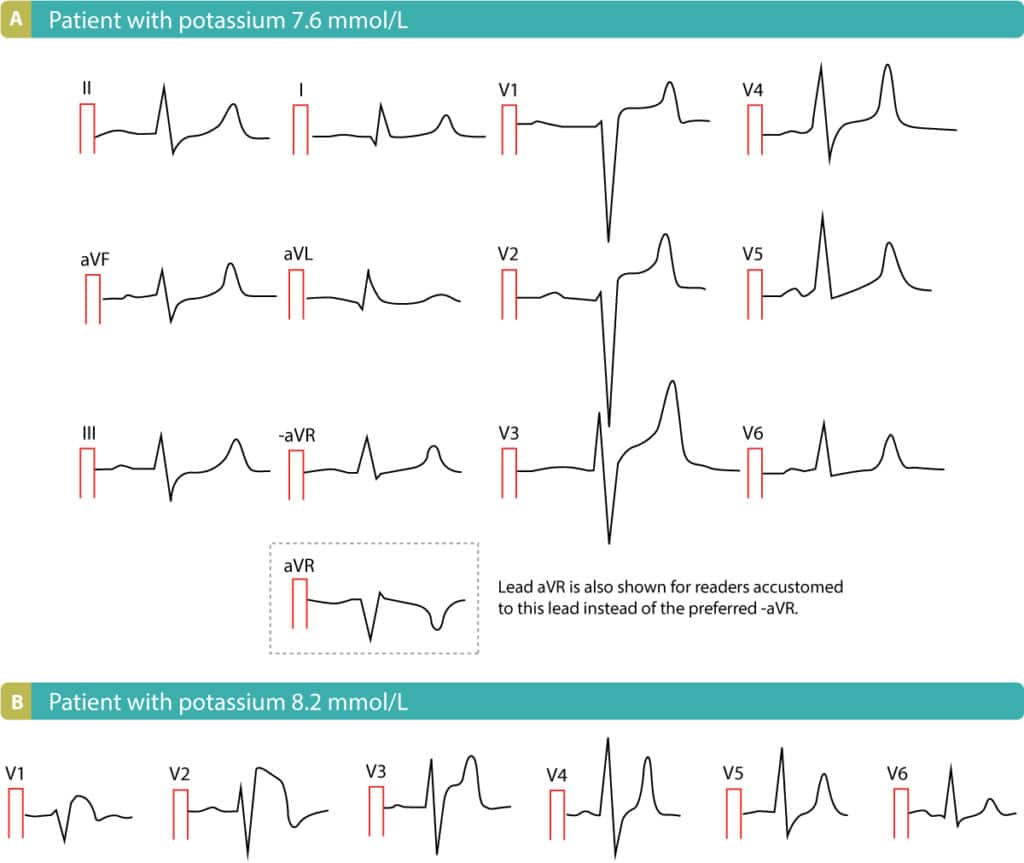
Increased extrarenal losses: the most frequent causes of extrarenal losses are gastrointestinal losses (diarrhea, use of laxatives, fistulas) although extensive burns and profuse sweating may also cause hypokalemia. Thus, decreased intake alone rarely causes significant hypokalemia 3.Įxtracellular/intracellular shift: it may be secondary to metabolic alkalosis, therapy with insulin, beta-2 adrenergic agonists (salbutamol) or other drugs 3. Inadequate potassium intake: potassium intake is normally 40 to 120 meq per day, most of which is then excreted in the urine. Only 2% of the total body potassium is in the extracellular space, the remaining 98% is contained in the cells (intracellular space) 1 5.įour mechanisms may cause hypokalemia: Decreased potassium intake, a shift from the extracellular to the intracellular space, increased extrarenal losses and increased urinary losses 3. However, an electrocardiogram must be done in all patients who are diagnosed with Hypokalemia 2Ĭlinical Presentation of Hypokalemia Serum Potassium Unlike hyperkalemia, EKG findings associated with hypokalemia are not a determining criterion of severity.

Hypokalemia causes electrocardiogram (EKG) change, especially during the ventricular repolarization it may also pormote the appearance of supraventricular and ventricular arrhythmias 2.

It is defined as potassium level in the plasma below 3.5 mmol/L (3.5 mEq/L) 1 2.

Hypokalemia is one of the most common electrolyte disorders in clinical practice.


 0 kommentar(er)
0 kommentar(er)
